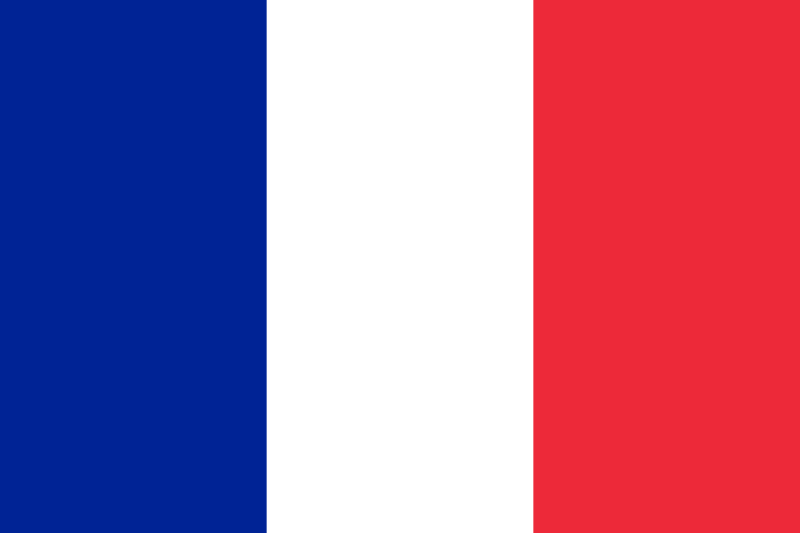Bosnia: political deadlock blocks military development
(BRUSSELS2) In coming before the European Parliament's Defense Sub-Committee, General Bentegeat - Chairman of the EU Military Committee - had a somewhat educational vocation in front of the deputies present, most of them new officiating officials: to paint a picture military operations in which the EU is engaged. He worked on it, with all the more freedom, as it was one of his last appearances before democratic representation. The general should, in fact, pass the torch to his Swedish counterpart on the horizon of November (we will come back to this). Even if he did not go into too much detail, we can say that one of his main concerns relates to Bosnia and Herzegovina. A real headache.
The political puzzle of Bosnia and Herzegovina. Everyone agrees that the " situation is calm and no security risk is perceptible in the short and medium term and, even if the risk of a resurgence of unrest exists, the European military force (2200 men on the spot) no longer has any place in a country which is rebuilding itself and will have, one day or another, to integrate the European Union. It's more the order of the police. In addition, several states want to release their troops to put them on other fronts. Everything therefore agrees with a maximum withdrawal of troops and the transformation of the force into " a mission of advice and assistance to the Bosnian armies ". But the executive committee of the Peace Implementation Council (PIC), which is due to decide in November whether or not to abolish the Office of the High Representative and appoint a Special Representative (from the EU) with extended powers, is struggling to do it. And " we can now doubt that this decision will be taken. Indeed, no progress has been noted for three months on the major files followed by the PIC, in particular the transfer of State and Defense properties and the status of Brcko ". With the consequence: an additional blockage and military implications. " Si the decision is not taken, it will be difficult for the EU to transform EUFOR into an advisory mission, because several Member States consider that the High Representative, as long as he is responsible, must be able to benefit from the support of military force. " On the other hand, the two decisions not being linked, nothing excludes that certain Member States - which contribute to the force - " a force deployed since 1995 », withdraw their troops « at the end of this year. (...) They have already let it be understood (France in particular). Which would be the worst case scenario. These unilateral withdrawals represent a risk (...) for the credibility and the effectiveness of Althea” has already explained the general, taking up the words of Solana.
Read also on dutch stance (May 2009) or on the different opinions in attendance (March 2009)


Comments closed.